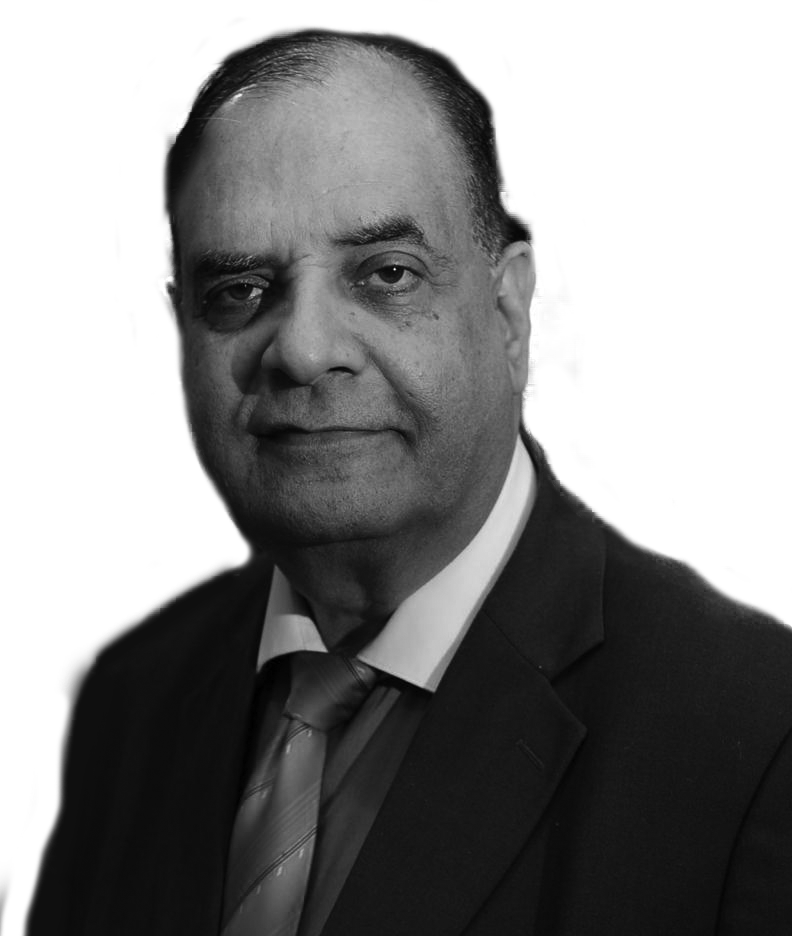Why can’t leaders with long experience and good organizational ability be picked to lead the party?
In the last few months, the leadership question has riled the Congress and there has been much debate about who really leads the party and when elections for a new president will happen. Despite so much debate, no other leader’s name was heard as a substitute for Sonia Gandhi and Rahul Gandhi. Why can’t leaders with long experience of organization and governments or with good organizational ability like Kamal Nath, Ashok Gehlot, Ghulam Nabi Azad, Ambika Soni, Sushil Kumar Shinde or names like Sachin Pilot, and Manish Tewari, from the point of view of new blood, be picked to lead the party?
Every time it is claimed that the elections of the organization will be held in a democratic manner. According to rules of the Election Commission, the law and the party constitution, it is mandatory. There is a formality in corporate companies that the chairman becomes the chairman with the consent of the share holders. Democratic elections cannot be expected in countries like China or Russia, but in countries like America, Britain, Germany, France, alternative names are elected at party meetings. Popularity can certainly be a criterion, but it can be proved only when given the opportunity. Organizers and strong orators like Jawaharlal Nehru, Indira Gandhi, Shyama Prasad Mukherjee, Deendayal Upadhyay, Ram Manohar Lohia, Atal Bihari Vajpayee, Harkishan Singh Surjit are rare now. In recent years, the Bharatiya Janata Party has handed over the leadership of organizations and governments to different leaders compared to the Congress. The names of L.K. Advani, Rajnath Singh, and Amit Shah can be taken prominently.
The problem in this is the willingness and ideological commitments of a good, successful leader to produce second-line leaders with self-confidence, ability and generosity. This has become a serious crisis for the Congress and some other parties.
Organization is called for, but only favourite people are given preference. Disagreements are considered not only as opposition, but dissidents are regarded as enemy. Sometimes they wear a “secular chadar”, sometimes they try to appear as Maha Hindu Pandit with janeu garland, sometimes as companions of Lalu, Mayawati, Akhilesh, Yechury and sometimes they become fierce opponents. Rahul Gandhi accepts the staunch Hindutva of Uddhav Thackeray, but does not have the political courage to accept the leadership of Sharad Pawar or Mamta Banerjee. Otherwise, the constitutional views of their parties are almost identical. Both are basically Congressmen. For the upcoming Lok Sabha elections, can either of them be put forward as a “supreme leader” or can they both accept Rahul Gandhi as their top leader? The leaders of the regional parties ready for the BJP’s alliance accept its idea and leadership. Nowadays, controversies keep swirling about Gandhiji’s legacy as well. I came across an interesting quote in this context. Mahatma Gandhi had said, “Like Shiva, one can drink poison after churning the ocean. There should be someone in Indian politics who can also drink the poison of politics. Such a person can be you Shayama Prasad Mookherji).” Earlier, Gandhi had said this hopeful thing for Dr Mukherjee, whereas even then, he was not in the Congress, but in the Hindu Mahasabha and later in the Constituent Assembly and in Nehru’s first cabinet, he remained till 1950—meaning that the goal of politics is not power but society and nation, and that is the way it should be.
After the first Lok Sabha elections in 1955, U.N. Dhebar became the pr esident of the Congress in the Avadi session. The goals set in that convention were: “Right to full employment, self-reliance of the nation, socio-economic justice, greater decentralization of power.” But could these goals be fulfilled? The process of rigging for membership in Congress is not new. Kamaraj had made this an issue. Many people were expelled from the Congress after they were found to have serious complaints of drinking. This is from the era of 1964.
Regional leaders also gained importance till the seventies and eighties, but now only equations of power matter. That’s why in most of the states, Congress does not have strong popular names, whereas the BJP and regional parties have influential and popular leaders who can get votes in the states as well.
The irony is that a large number of candidates of the Congress which claims itself as a national party by showing paper member numbers, have to forfeit their security deposits in elections. How can such a party even ask such a question as: “How should the leader of the country be?”
The writer is editorial director of ITV group (India News and Aaj Samaj Dainik).

